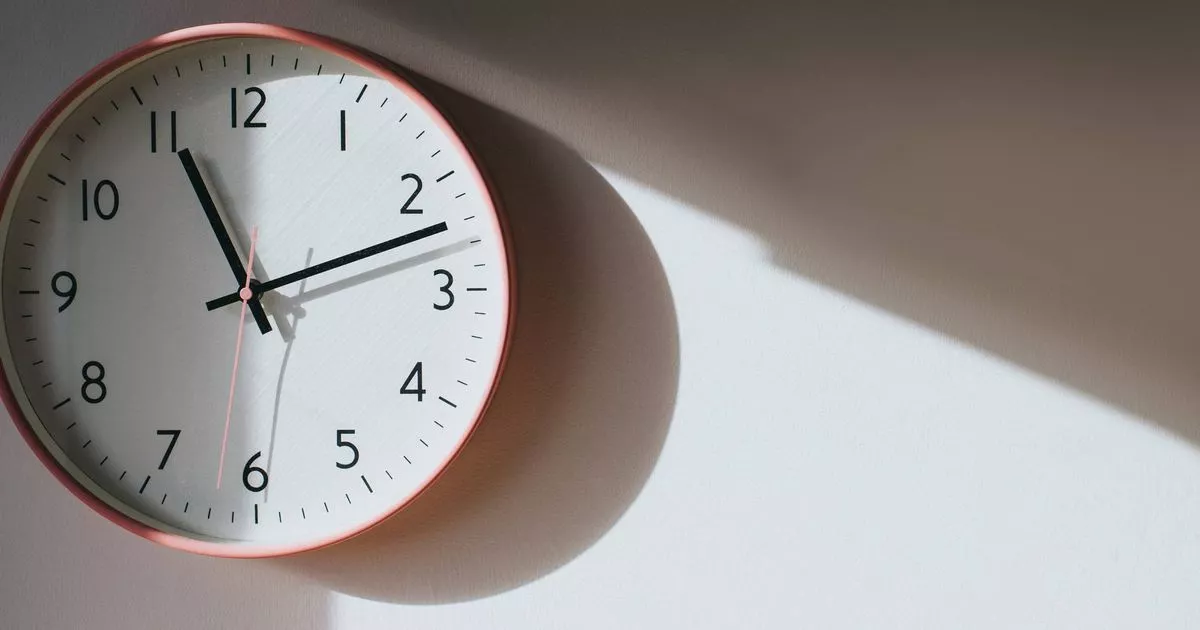Copyright rsvplive

With the clocks preparing to go back this weekend, Irish households are being urged to make a few straightforward preparations ahead of Sunday. Whilst smartphones and most other modern devices update the time automatically, our bodies can take considerably longer to adapt to the sudden change. For many people, it simply means an additional hour in bed come morning, but for those who favour maintaining a strict routine, sleep specialists suggest adjusting your bedtime routine by 15 minutes each night in the days leading up to the clocks going back. Sleep specialists at Sleepeezee explain: "One of the best ways to ease into the clock change is to adjust your sleep schedule beforehand. "Try going to bed 15 minutes earlier each night to allow your body to adjust gradually to the lost hour of sleep. This small change will help minimise the shock to your internal body clock and make the transition smoother", reports Cork Beo. "Consistency is key when it comes to maintaining a good sleep schedule. Going to bed and waking up at the same time each day, even on weekends, will help reinforce your body's natural circadian rhythm. Your body will then naturally know when it's time to wind down, making it easier to fall asleep, even when the clocks shift." Here's everything you need to know about the clocks going back this weekend. When does it happen? The clocks will go back one hour at 2 am on Sunday, October 26. Does this happen just in Ireland? Clocks are adjusted across all EU member states on the last Sunday in October and forward on the last Sunday in March. In contrast, North America begins Daylight Saving Time (DST) on the second Sunday in March, while clocks are set back on the first Sunday in November. In Australia, DST isn't uniformly observed nationwide, with Queensland and Western Australia choosing not to participate in the practice at all. This results in a time zone shift when crossing state boundaries. So, why do we do it? By setting the clocks back an hour during autumn, people benefit from more sunlight in the morning. When the clocks move forward in the spring, people can enjoy lighter evenings. What action is required? Thanks to modern technology advancements, most Irish households no longer need to take significant action when the clocks change. The majority of smartphones and other digital devices will automatically adjust the time, but traditional clocks and watches will need to be manually changed. Wasn't the EU planning to end this practice? In 2019, the EU Parliament voted to cease DST from 2021 onwards. This decision was based on an EU-wide survey that revealed 70% of respondents wanted the practice to end. The final clock change was supposed to occur in Spring 2021, but the proposal was postponed while the world dealt with the Covid-19 pandemic. EU institutions have stalled in implementing the decision, with the European Commission stating it has no plans to present a fresh proposal on the matter to Parliament. This implies that no alterations are anticipated in the summer and winter time in the forthcoming years.



